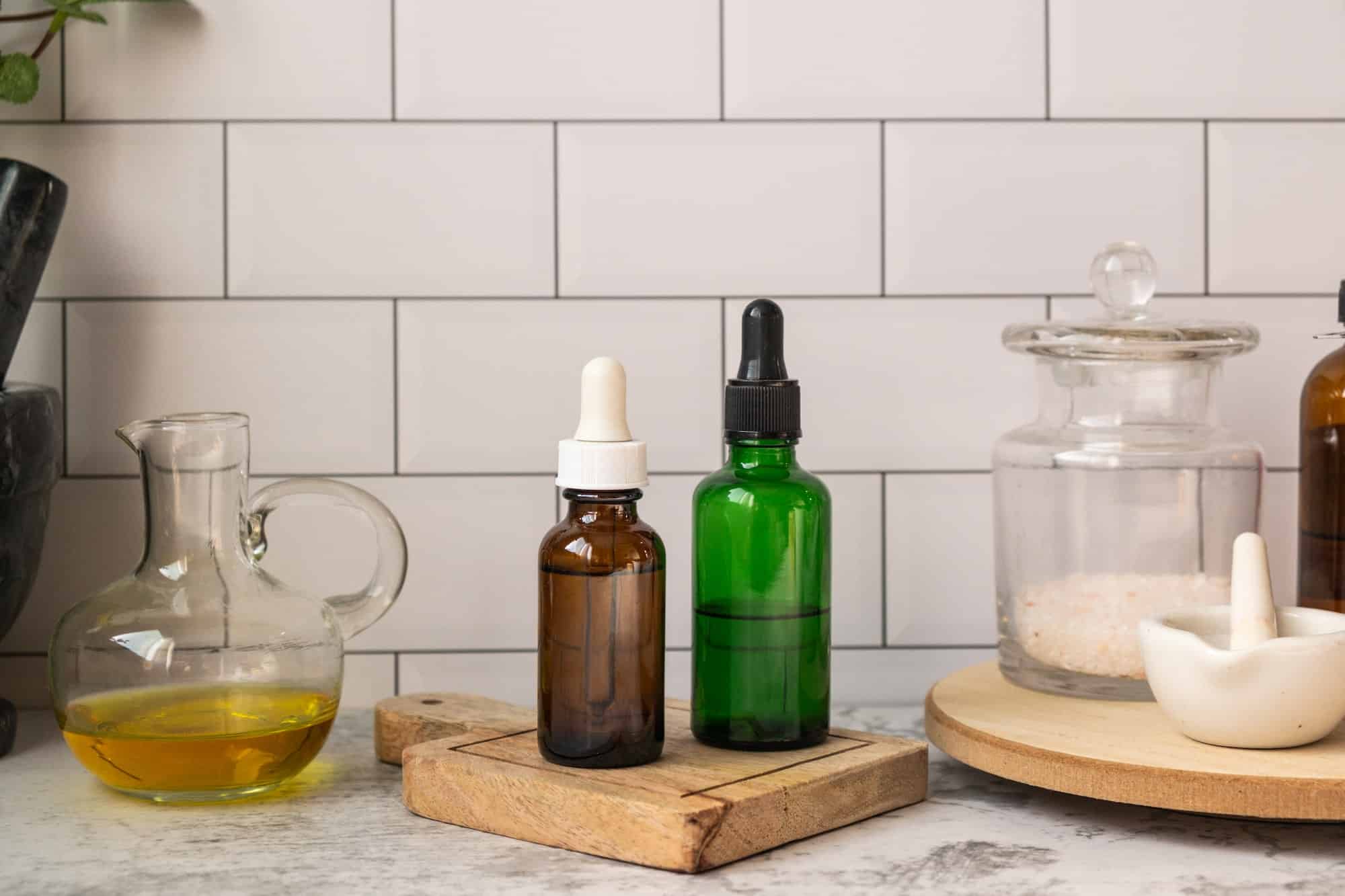Aromatherapy, the therapeutic use of essential oils, is a popular choice for many people seeking natural solutions to health and wellness concerns. It is especially appealing to new mothers navigating postpartum recovery and looking for ways to promote a sense of well-being. This article aims to shed light on the impacts of aromatherapy on postpartum recovery and well-being, exploring its benefits, potential risks, and how it aligns with scholarly research.
Potential Benefits of Aromatherapy for Postpartum Care
Aromatherapy can provide numerous benefits during the postpartum period, a time that is both physically and emotionally taxing for many women. Essential oils, when used properly, can offer support for a range of postpartum conditions.
Also to see : How Can Interactive Health Education Exhibitions in Museums Benefit Public Health Literacy?
Research indicates that certain essential oils can support physical recovery following birth. For instance, lavender oil is renowned for its healing properties, particularly regarding skin health. Women suffering from perineal discomfort after childbirth may find relief through the topical application of diluted lavender oil, which can promote tissue repair and provide pain relief.
Beyond physical healing, aromatherapy can also play a role in addressing postpartum mental health challenges. Postpartum anxiety and depression are significant issues facing many new mothers. Here again, lavender oil shines, with research indicating its potential for promoting relaxation and reducing anxiety.
Also to discover : Does Regular Practice of Qigong Improve Immune System Functioning in Older Adults?
Furthermore, aromatherapy can enhance the overall postpartum experience by promoting relaxation and sleep, essential aspects of postpartum recovery. Essential oils such as lavender and chamomile are known for their calming properties, encouraging relaxation and promoting better sleep quality.
Scholarly Research on Aromatherapy and Postpartum Care
A growing body of scholarly research supports the use of aromatherapy for postpartum care. Studies available on databases like PubMed provide valuable insights into the effectiveness of essential oils during the postpartum period.
A study published in the Journal of Alternative and Complementary Medicine found that postpartum women who received aromatherapy reported less pain and anxiety compared to those who received standard care. Another study published in the Iranian Journal of Nursing and Midwifery Research found that inhalation of lavender essential oil could reduce childbirth-related anxiety in women.
However, it’s important to note that while these studies suggest potential benefits, more extensive research is needed. The scientific community continues to examine the efficacy and safety of essential oils for postpartum care.
Risks and Precautions in the Use of Aromatherapy Post-Pregnancy
While aromatherapy can provide numerous benefits during the postpartum period, it’s crucial to be aware of the risks and precautions associated with essential oils use, especially for new mothers and their babies.
Undiluted essential oils can cause skin irritation, and some can be toxic if ingested. It’s essential to dilute essential oils with a carrier oil before topical application. Avoiding ingestion and keeping oils out of reach of children can prevent accidental poisoning.
In addition, some oils may not be safe for newborns or may interfere with breastfeeding. It’s advisable to consult with a healthcare professional or a certified aromatherapist before using essential oils during the postpartum period.
Choosing Quality Essential Oils and Aromatherapy Products
With the rising popularity of aromatherapy, the market is flooded with essential oils and related products. Not all these products meet the same quality standards, and it’s critical to choose wisely to ensure safety and effectiveness.
High-quality oils are pure, without added synthetic fragrances or other additives. They are often sold in dark glass bottles to protect the oils from light degradation. Reputable companies provide information about the botanical name, country of origin, and method of extraction for their oils.
Online platforms like Google can be a useful resource for finding reliable suppliers and product reviews. Look for companies that have a strong reputation, transparent business practices, and a commitment to quality.
Integrating Aromatherapy into Postpartum Care Routine
Aromatherapy can be easily integrated into a postpartum care routine. Essential oils can be enjoyed through inhalation, topical application, or massage.
Inhalation is the simplest way to enjoy essential oils. This can be achieved through diffusers, spray bottles, or simply by adding a few drops to a tissue or steam bath.
Topical application, such as adding oils to bath water or body lotions, can provide localized relief for physical discomforts. It’s important to dilute essential oils in a carrier oil before application to prevent skin irritation.
Massage with essential oils can also provide relaxation and emotional support. However, it’s wise to seek a professional aromatherapist’s advice to ensure safety and best practices.
The Role of Specific Essential Oils in Postpartum Care
There’s a variety of essential oils that can be beneficial for postpartum care, all offering unique properties and effects. The use of lavender essential oil is widely recognized for its stress-relieving and soothing properties. It may help to alleviate postpartum depression and anxiety, as well as promote better sleep quality.
Clary sage is another essential oil that offers significant benefits during the postpartum period. It is renowned for its ability to balance hormones and ease menstrual pain, making it potentially valuable in managing the hormonal fluctuations experienced by many women post-birth.
The tea tree oil is known for its powerful anti-bacterial properties. It can be beneficial in preventing and treating skin infections that new mothers may be prone to during the postpartum recovery period.
In addition to these, various other essential oils like chamomile and rosemary can also aid relaxation, enhance mood, and support overall well-being postpartum.
Remember, it’s crucial to use these essential oils correctly for their benefits to be enjoyed safely. Essential oils should be diluted with a carrier oil before topical application, never ingested, and stored safely out of children’s reach.
Conclusion: Aromatherapy as a Complementary Approach to Postpartum Care
In conclusion, aromatherapy can be a useful tool in the postpartum recovery process. It offers a natural and holistic approach to managing physical discomfort and emotional challenges associated with this period. Essential oils like lavender, clary sage, and tea tree oil can provide relief, promote relaxation, and support overall well-being.
However, while the benefits are promising, it’s important to remember that more extensive research is still required. The studies available on platforms like PubMed and Google Scholar provide valuable insights, but a larger body of consistent evidence is needed.
Safety is paramount in the use of essential oils postpartum. It’s advisable to consult with healthcare professionals or certified aromatherapists for guidance on safe use, especially for new mothers and their babies.
Lastly, when choosing essential oils and aromatherapy products, quality should be prioritized. Look for reputable, transparent companies committed to providing pure, high-quality products.
Aromatherapy, when used correctly, can be a valuable addition to a postpartum care routine. It’s a wonderful way to encourage a sense of calm and well-being during a time of significant change and adjustment.










